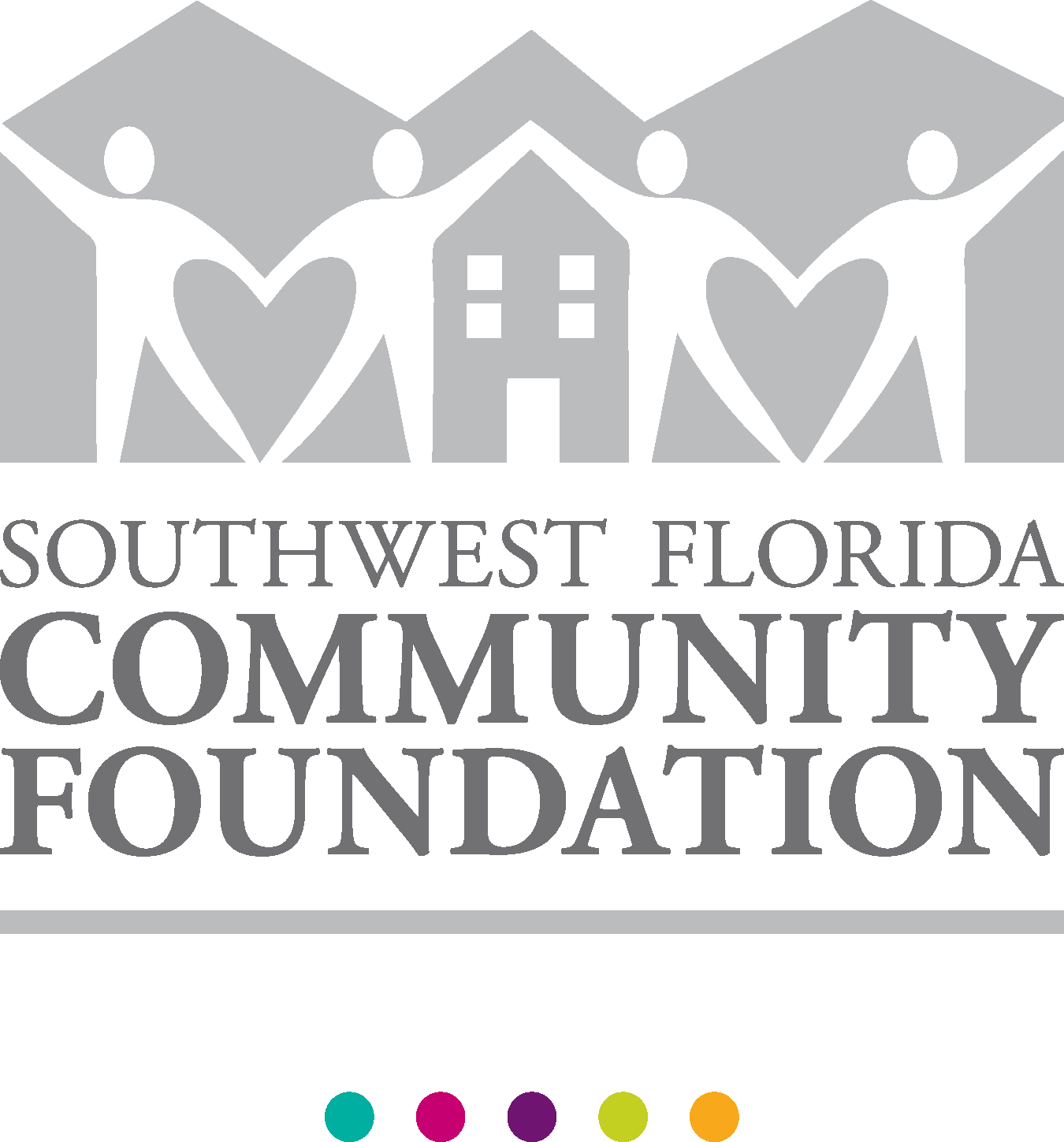 The more things change, the more they remain the same doesn’t sound as romantic as the French, but it’s a reasonable translation. So it is in many aspects of life, and so it is especially in my little corner of the professional world, at that intersection of HRM and IT where I’ve been camped out since the flower power van broke down there in the 60’s. Here’s some of what hasn’t changed:
The more things change, the more they remain the same doesn’t sound as romantic as the French, but it’s a reasonable translation. So it is in many aspects of life, and so it is especially in my little corner of the professional world, at that intersection of HRM and IT where I’ve been camped out since the flower power van broke down there in the 60’s. Here’s some of what hasn’t changed:
- Many HR leaders are still trying to find a “seat at the table” when they should have long since owned the table;
- Much of IT (formerly DP) is still trying to make the business case for investments that are as fundamental as fixing a leaking roof when they should be replacing their own roof with ones that integrate solar-collection technology that generates more energy than they can use (yes, that’s just one of the things going on in true cloud data centers);
- Far too many HR systems implementation projects are still running over budget and schedule in spite of PMOs, project management software, methodology consultants, change management consultants, because the HR folks doing them are almost always doing them for the first time and/or working part-time on these projects while still doing their “day” jobs;
- The majority of HR professionals still haven’t implemented systemic approaches to competency-centric HRM regardless of how much talent management software they’ve bought;
- Most CFOs are still insisting on “hard” savings (that means headcount and cutting already budgeted line items like hardware or outsourcing fees) when what’s really needed are the very business outcomes that come under the heading of “soft” benefits because they’re what should happen in the future rather than cutting out a cost that we know happened in the past;
- Oligopolistic software, hardware, consulting, etc. vendors have still got many customers by a body part not appropriately mentioned in a blog post written for mixed company; and
- Analysts/influencers/people in the know continue to wring their hands — see, I’m wringing my hands — over all the progress we must still achieve.
To be fair, I’ve seen enormous progress in the course of my career, both in the practice of human resource management (HRM) and information technology (IT). My neighborhood has been electrified, given phones, then mainframes, then minicomputers, then PCs, then networked servers, then networked everything, then virtualized servers operating somewhere “over the rainbow,” now smart phones with the power of those early mainframes. Tons of technology, oodles of HRM thought leadership, and going on five decades of hand wringing by most everyone involved (except for vendor sales and marketing folks) about why we’re not making even more progress.
But now something really monumental has happened. Something really has changed, for good and forever. Now there are no projects failing quietly or vendors behaving badly in secret. Now there are no missed business outcomes going undiscussed nor HR leaders failing to lead without anyone noticing. Now every employee, every worker of whatever flavor, is able to contribute to the conversation. They can tweet, blog, flickr, youtube, etc. about what’s right, what’s wrong, what works and what doesn’t, and how to improve things — and they’re doing it in droves. Social tech has given everyone a voice, and I for one think that, amids the noise, great ideas will spread like wild fire.
And those former hand wringers? Those industry folks, like me, who’ve wished for more progress in making HRM the driving force behind achieving business outcomes? We’re now at the front of the social tech pack, blogging for action. Whether all these voices telling the tale and advocating for change are smart and insightful or just ill-informed and loud, only time will tell. But now you get to decide because you too can take to the social tech speakers’ box at the corner at HRM and IT.
My hope is that the noise will be overtaken by the collective intelligence and that, before I’m too old to care, real urban renewal will take place at the corner of HRM and IT. I like this neighborhood, always have, and I see the promise and the progress. If you’d like to join me at our next neighborhood block party, perhaps take to the speakers’ box at what’s otherwise known as the 2010 HR Technology Conference, I’d love to see you there. It’s my 65th birthday celebration, but this time you get the present. If you’re one of the three people who haven’t yet received it, you can download the conference brochure here. When you register, use the promotion code INFULLBLOOM (in ALL CAPS), and you’ll get a $550 discount. Not a bad birthday gift in these tough times.






[…] Naomi Bloom asks you to help her ring in her 65th (I would have guessed 45th) birthday and clearly lays out why you should be there in her post! […]
Wonderful Article! I have been in HR-IT scene for just about 5 years now. So it feels great to see my observations validated by a veteran like you!
Naomi, thanks for the reminders of what’s not changed, and the trip down memory lane of what has. If not from you, than from where?
I am stunned that you failed to mention your featured role at this year’s 13th annual conference — after attending every single one of the previous 12 — namely your “Great Technology Debate” with Gartner’s Jim Holincheck.
Even though it was my idea, it’s the single event I am most looking forward to.
And then your Expert Discussion Thursday afternoon where anyone can ask you anything! Guttenu, the mind boggles.
Just wanted your reader’s to know that your “speaker’s box” link goes to the HR Technology Group on LinkedIn. Where they will have request to join to read it (including your delicious 2003 Oracle internal e-mail about PeopleSoft), but previous attendance is not a requirement for membership.
See you in Chicago in just seven weeks!
[…] This post was mentioned on Twitter by Naomi Bloom, Naomi Bloom. Naomi Bloom said: Naomi's new blog post: "Plus ça change, plus c'est la même chose" — Let's Change That In Chicago http://bit.ly/dvBaIg #IN […]